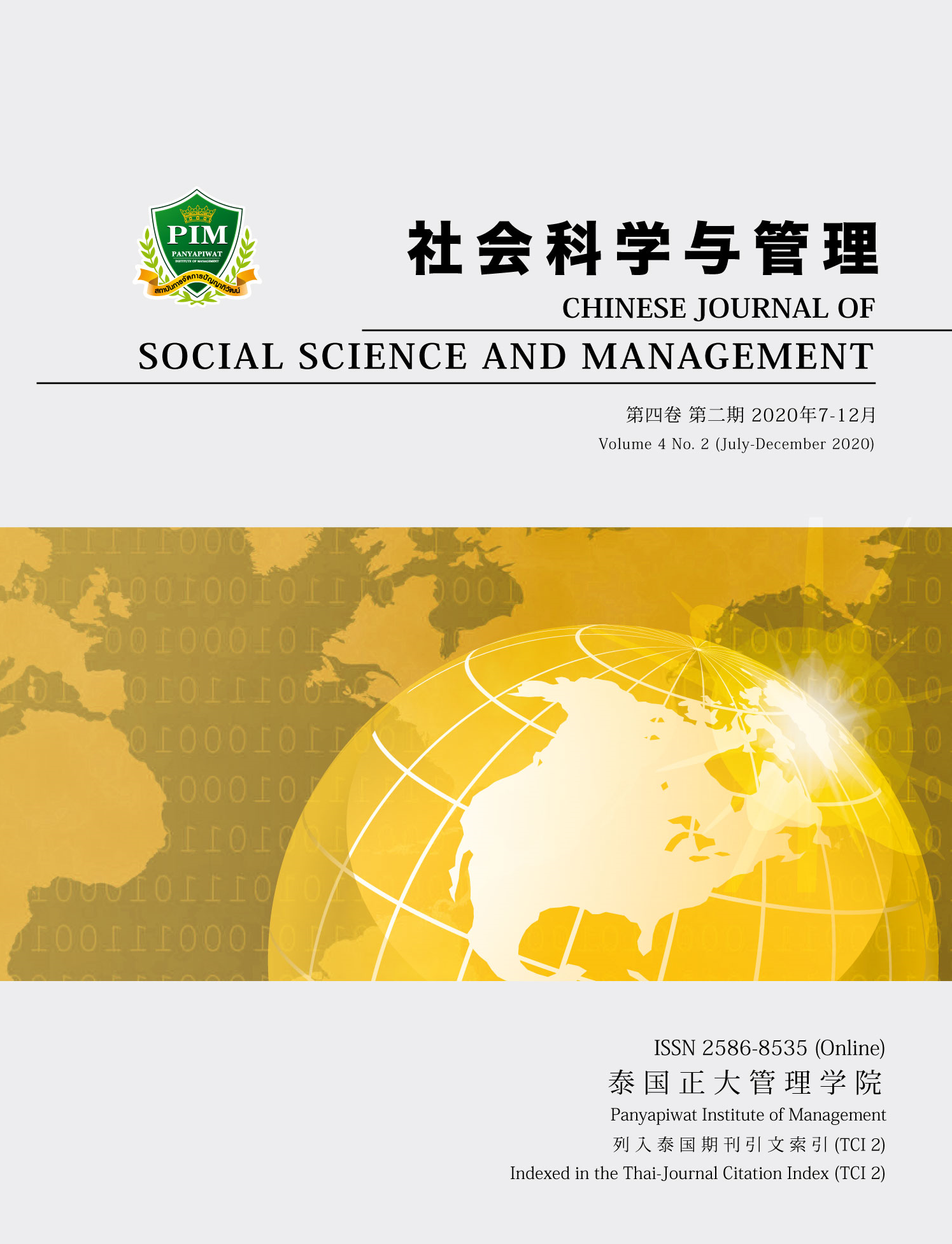THE EFFECT OF EXECUTIVE COMPENSATION CONTRACT REFERENCE POINT AND ITS INFLUENCE ON INEFECTIVE INVESTMENT AND FINANCIAL PERFORMANCE
Main Article Content
Abstract
The executive compensation contract is crucial to coordinating the interests of all parties as well as alleviating the principal-agent problem. According to the fair preference theory, managers will judge whether they are treated fairly or not by comparing their ability and salary, thus affecting their behavior. To explore the impact of executive compensation on executives' behavior, this study selected the financial data of listed companies from 2012 to 2016 as the sample. Through empirical analysis, it was found that unfair compensation makes executives feel jealous. This unreasonable emotional suggestion reduced their work enthusiasm or increased personal income through over-investment, so the executive compensation contract reference point will enhance inefficient investments, the greater the intensity of inefficient investment, the worse the impact on corporate financial performance.
Article Details
Chinese Journal of Social Science and Management Editorial Division
The Office of Research and Development, Panyapiwat Institute of Management
85/1 Moo 2, Chaengwattana Rd., Bang Talat, Pakkred, Nonthaburi 11120, Thailand
Tel. 02 855 01048 E-mail: cjssm@pim.ac.th
References
Arikan, A. M. & Stulz, R. M. (2016). Corporate acquisitions, diversification, and the firm's life cycle. The Journal of Finance, 71(1), 139-194.
Baron, R. M. & Kenny, D. A. (1986). The moderator–mediator variable distinction in social psychological research: Conceptual, strategic, and statistical considerations. Journal of Personality and Social Psychology, 51(6), 1173-1182.
Beaumont, P. B. & Harris, R. I. (2003). Internal wage structures and organizational performance. British Journal of Industrial Relations, 41(1), 53-70.
Bertrand, M. & Mullainathan, S. (2006). Do CEOs set their own pay? The ones without principals do. SSRN Electronic Journal, 431(116), 119-129.
Brookman, J. T. & Thistle, P. D. (2013). Managerial compensation: Luck, skill or labor markets? Journal of Corporate Finance, 21(1), 252-268.
Chen, J. H., Li, W. A. & Gao, Y. (2013). Determinants of executive compensation in China: evidence based on behavioral approaches. International conference on corporate governance (pp. 71-72). Tianjin: Nankai University.
Conyon, M. J. & Murphy, K. J. (2000). The prince and the pauper? CEO pay in the United States and United Kingdom. The Economic Journal, 110(467), 640-671.
Du, L. D. & Huang, Y. D. (2010). Performance Evaluation of Listed Companies Based on Factor Analysis——Taking Listed Companies in Luzhong as an Example. Friends of Accounting, 8(23), 27-30.
Feng, G. F. & Wang, H. F. (2001). Multi-angle comprehensive evaluation and empirical analysis of listed company performance. China Industrial Economy, 12(5), 23-29.
Kahneman, D. & Tversky, A. (1979). On the interpretation of intuitive probability: a reply to jonathan cohen. Cognition, 7(4), 409-411.
Li, W. A., Liu, X. G. & Chen, J. H. (2010). Manager talent, corporate governance and contract reference point: theoretical and empirical analysis of executive compensation determinants of Chinese listed companies. Nankai management review, 13(2), 4-15.
Richardson, S. (2006). Over-investment of free cash flow. Review of accounting studies, 11(23), 159-189.
Scharfstein, D. S. & Stein, J. C. (2000). The dark side of internal capital markets: Divisional rent-seeking and inefficient investment. The Journal of Finance, 55(6), 2537-2564.
Zhang, Z. T. (2007). Top management team collaboration needs, salary gap and enterprise performance: perspectives from competition theory. Nankai management review, 10(2), 4-11.
Zhu, Q. M. & She, H. Z. (2006). Research on executive team salary equity of listed companies. Journal of Guangdong University of Finance and Economics, 87(4), 19-24.


